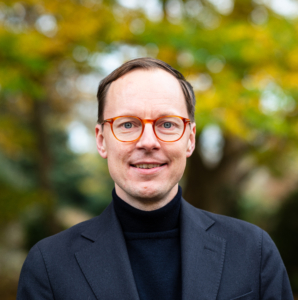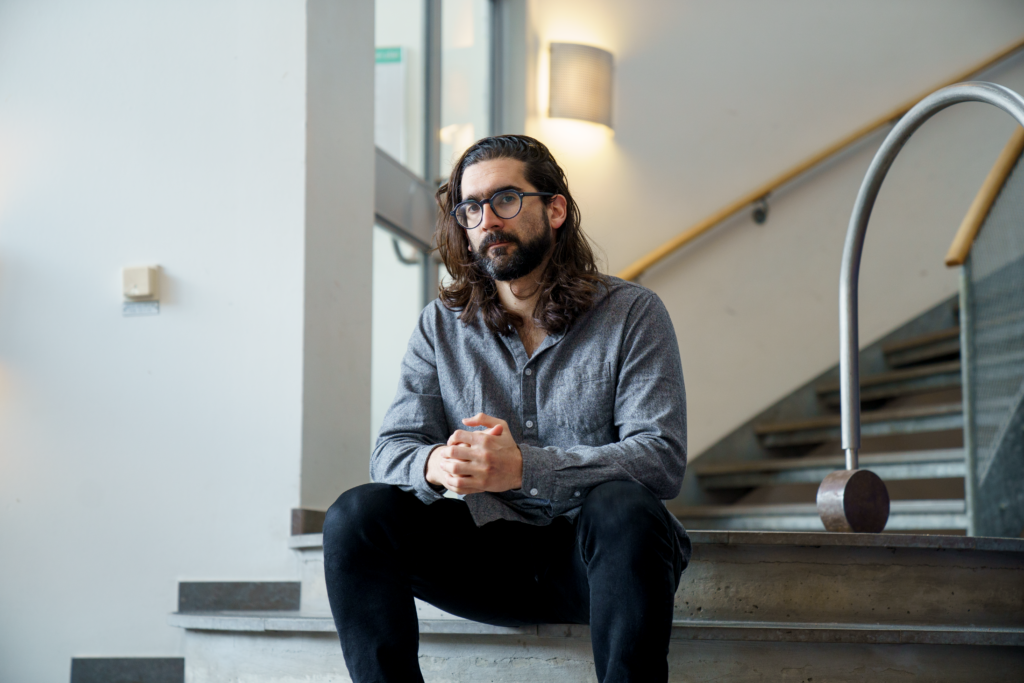In 2021, Sweden’s migration legislation, the so-called Aliens Act, was changed. These changes mainly impacted the ability of recent international PhD graduates to remain in Sweden and pursue a career here.
Non-EU students comprise around 40 percent of Sweden’s PhD candidates and make many invaluable research contributions. However, after completing their degree, non-EU graduates face great difficulty to stay in Sweden and pursue a career here. The most prevalent obstacle is the 2021 amendments to the Aliens Act, Sweden’s migration legislation.
In 2021, the legislation introduced a new employment requirement for non-EU PhD graduates who wish to remain in Sweden. Namely that recent graduates must be able to support themselves financially through income from employment for at least 18 months from the time their application is processed.
Juan Ocampo, Executive Director of Internal Affairs at Lund’s Doctoral Student Union (LDK), spoke to Lundagård about this issue. While he recognizes the reasoning behind the Alien’s Act employment requirement, he finds the expectation of an 18-month contract unreasonable. He suggests that “having an 18-month contract is not the usual case for young researchers who tend to have short-term contracts after their graduation”. Furthermore, if a graduate should obtain an 18-month contract, it may not be relevant anymore by the time their application is examined due to long processing times, Juan Ocampo explains.
This uncertainty affects the well-being of doctoral students.
The Swedish Association of University Teachers and Researchers has ascertained that this legislation change will see increasing numbers of non-EU PhD graduates pursuing careers outside of Sweden. Thus, they regard the ongoing situation as a ’brain drain’. The international magazine Times Higher Education has seconded this, stating that “Sweden’s ‘crazy, political, and short-sighted’ new restrictions […] are likely to lead to a brain drain that will harm its universities and knowledge economy.”
Mats Persson, Sweden’s Minister of Education, wrote to Lundagård: “From what I hear, there is great concern at the universities that the new laws will reduce Sweden’s attractiveness. We have not yet seen the number of PhD students drop drastically, and it is also difficult to compare with the pandemic.”

Photo: Alexandra Roslund
This is further supported by data from the Human Flight and Brain Drain Index from tha American NGO Fund For Peace, which found that Sweden has the second lowest ongoing capital flight globally. Furthermore, Sweden’s brain drain index value has decreased somewhat since 2017, despite the changes to the Aliens Act.
Nonetheless, worries about the future impact of this legislation are still preeminent. Juan Ocampo reveals that LDK are launching a campaign on the issue titled “WARNING! YOU ARE EXPERIENCING A BRAIN DRAIN.” The campaign seeks to keep the Lund University community informed about the ongoing migration issues that non-EU researchers are facing.
Juan Ocampo proposes that “the Aliens Act should be kept as it was before 2021 and should allow PhD students to obtain their residence permit after they have completed their studies and have shown intention of staying in Sweden.” He stresses the unfairness of the new legislation as “many of the Doctoral Students that are now graduating joined Lund University with other regulations in place, and this change has had important consequence in their professional and life plans.”
Finally, he adds that there is “no union meeting where the issue of migration uncertainty is not raised by the members” and that the “uncertainty affects the mental well-being of doctoral students. Non-EU PhDs have reported elevated stress due to worries regarding their careers and family life.”
Regarding these concerns, Mats Persson hopes to offer some reassurances for currently affected PhD students: “This government will make it easier for foreign PhD students. The previous government’s new laws had disproportionately negative effects for doctoral students. It will take some time, because the law needs to be rewritten, but there will be change.”
This article was originally published in Lundagard nr. 3 2023.










